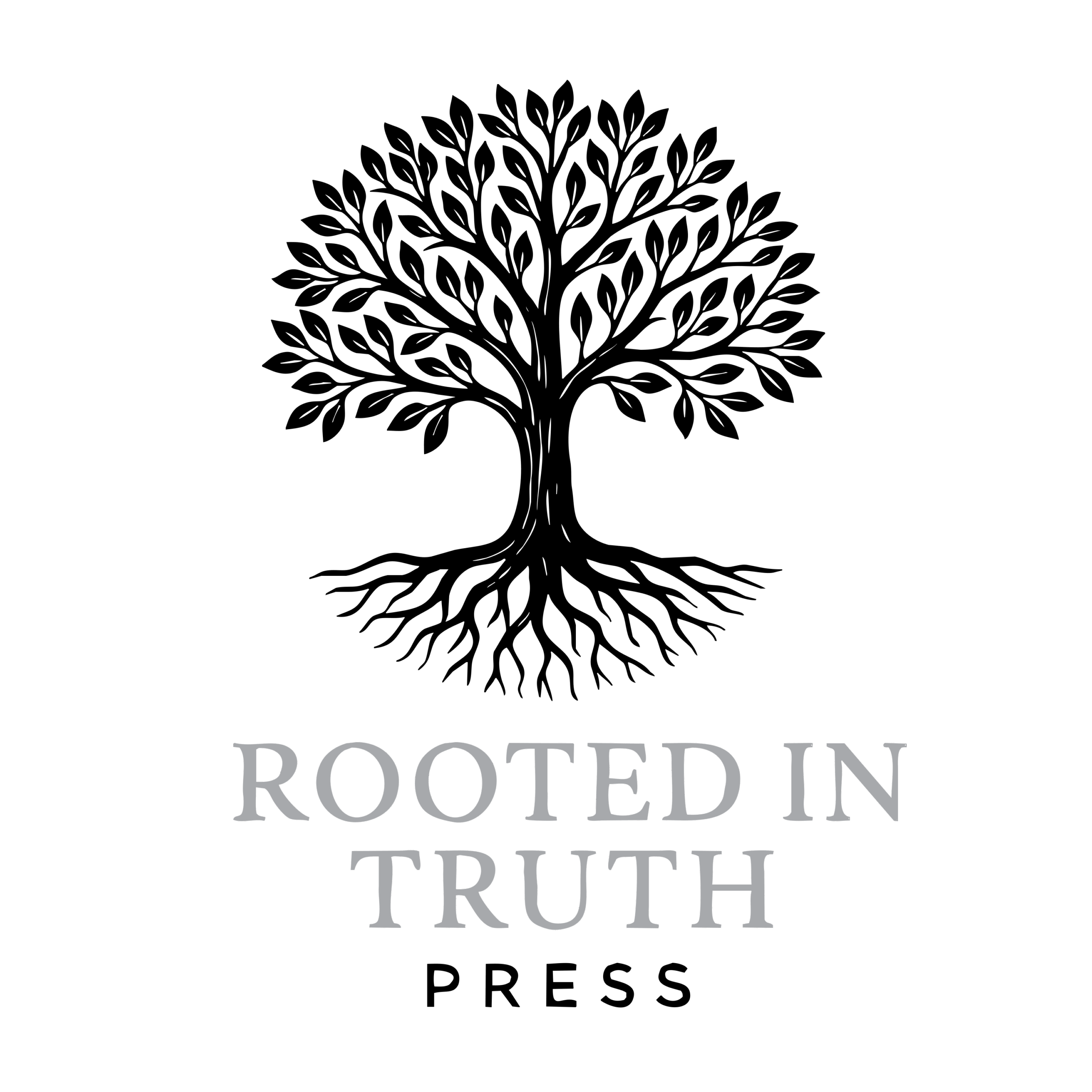Secrets in the Silence, Treasures in Heaven
From the War Room
Read Matthew 6:1-34 on Bible.com
The house is still. The world outside hasn’t started spinning yet. It’s early—just me, my Bible, a lamp, and the quiet hum of breath and thoughts. This is my war room. My battleground is not of flesh and blood, but of anxieties, distractions, and the temptation to perform for others instead of abiding in God. As I open to Matthew 6, I’m confronted with a familiar question: Why am I doing this? Jesus meets me here—speaking not to crowds on a mountaintop now, but to my heart in the secret place.
Prayer
“But when you pray, go into your room, close the door and pray to your Father, who is unseen. Then your Father, who sees what is done in secret, will reward you.” – Matthew 6:6 (NIV)
This is the purpose of my War Room. It’s my secret and quiet place where I can focus, and be close to my Lord and savior. It’s where I read, reflect, worship, pray, meditate and listen to the Holy Spirit.
I know this section of the bible is short. But don’t miss it’s message. There’s more to unpack here than you might realize. So bare with me on this journey into Matthew 6.
Prophetic Roots
- Isaiah 29:13 – “These people come near to me with their mouth and honor me with their lips, but their hearts are far from me.”
- Jeremiah 17:10 – “I the LORD search the heart and examine the mind, to reward each person according to their conduct, according to what their deeds deserve.”
- Psalm 91:1 – “Whoever dwells in the secret place of the Most High shall abide under the shadow of the Almighty.”
- Daniel 2:22 – “He reveals deep and hidden things; he knows what lies in darkness, and light dwells with him.”
Jesus is fulfilling the prophetic call to authenticity—in giving, prayer, fasting, and trust. Matthew 6 shows how the New Covenant emphasizes inner transformation, not outward performance. The “secrecy” of these actions mirrors how God often works: quietly, deeply, powerfully.
Practicing Righteousness in Secret
Matthew 6:1–6, 16–18
“Be careful not to practice your righteousness in front of others to be seen by them…” (v. 1)
Jesus doesn’t start Matthew 6 with a call to action, but a warning: Be careful.
Why? Because doing the right thing with the wrong motive can cancel out its eternal value.
He breaks it down into three key spiritual practices:
- Giving
- Praying
- Fasting
All noble. All commanded. All easily corrupted.
Jesus’ Pattern:
Each section follows a similar rhythm:
- “When you…” – not if you give, pray, or fast—but when.
- “Don’t be like the hypocrites…” – those who turn spiritual acts into public performance.
- “Truly I tell you, they have their reward in full.” – and that reward is fleeting applause.
- “But when you…” – now the focus shifts back to you.
- “Do it in secret… your Father will reward you.”
The Deeper Message
Jesus isn’t discouraging spiritual discipline. He’s redirecting it.
He wants your devotion to be relational, not theatrical.
He’s calling us to privacy over platform, sincerity over spectacle, and intimacy over image.
“Your Father, who sees what is done in secret, will reward you.” (v. 4, 6, 18)
That phrase is repeated three times—a whisper from Jesus that God sees, even when no one else does.
Personal Challenge
Ask yourself—if no one ever noticed your generosity, your prayers, or your sacrifices… would you still do them?
“True faith thrives in the quiet.” – Ken Wincel
You can freely quote me on that. More than you can imagine or thought possible.
The Beat of the Lord’s Prayer (Explained)
“Our Father in heaven…”
This isn’t just a title; it’s an invitation to intimacy. “Our” reminds us we are part of a family of believers. “Father” reflects God’s love and authority.
“Hallowed be your name…”
Worship comes first. Before asking anything, we pause to honor His holiness.
“Your kingdom come, your will be done…”
This aligns our hearts with God’s plan, not our own. We seek the reign of God in our lives, families, and world.
“Give us this day our daily bread…”
A prayer for provision, yes, but also for contentment. It’s a reminder to depend on Him daily.
“Forgive us our debts, as we forgive our debtors…”
We are not just receivers of grace, but conduits of it. To ask for forgiveness while withholding it contradicts the heart of Christ.
“Lead us not into temptation, but deliver us from evil…”
A plea for spiritual protection. We ask God to guard our steps and fight our unseen battles.
This prayer isn’t about the words alone—it’s about alignment. It reshapes our thinking, realigns our desires, and reminds us who we belong to.
Heavenly Treasures vs. Earthly Worries
Matthew 6:19–34
This section of Matthew 6 is a bold confrontation of what we trust—our possessions and our provisions.
Jesus knew what competes for our heart:
- Greed.
- Anxiety.
- The constant need for control.
“Do not store up for yourselves treasures on earth…” (v. 19)
“But store up for yourselves treasures in heaven…” (v. 20)
Earthly Treasures Decay:
- They rust.
- They fade.
- They can be stolen or lost.
Jesus is not saying money is evil—but it makes a poor master.
“You cannot serve both God and money.” (v. 24)
It’s not a matter of balance. It’s a matter of allegiance.
From Treasure to Trust:
Immediately after teaching on treasure, Jesus transitions into a lesson on worry (v. 25–34). Why?
Because what we treasure reveals what we trust.
If our heart clings to material things, our peace will be fragile.
If our heart clings to the Kingdom, our peace will endure.
“Look at the birds of the air…
Are you not much more valuable than they?” (v. 26)
Jesus reminds us of God’s care for:
- Birds who don’t plant, but are fed.
- Wildflowers that don’t toil, but are clothed.
So why, then, do we doubt His care for us?
The Cure for Worry
“But seek first His kingdom and His righteousness, and all these things will be given to you as well.” (v. 33)
This is not just a life verse—it’s a lifestyle verse.
When we prioritize God’s rule in our lives, worry loses its grip. (Trust me, this is true)
When we seek Him, He takes care of the rest.
Final Thought:
Jesus doesn’t promise a life without hardship.
But He promises a Father who knows, a Kingdom that satisfies, and a reward that lasts forever.
He ends with gentle instruction:
“Do not worry about tomorrow…
Because God is already there.“
If I was hanging out with Matthew, and started asking questions.. This would like has been his quote
Here’s one of my favorite songs. Which speaks volumes to Matthew 6. I had the wonderful pleasure watching this live with my sister in 2024. She and I co-authored this book using these principles as our guiding light.
Reflection for the Week
Matthew 6 is a threefold call to purity of motive, intimacy with the Father, and freedom from anxiety. The chapter breaks into clear sections:
- Practicing Righteousness in Secret
- Giving (v.1–4), praying (v.5–15), and fasting (v.16–18) must not be performative.
- God is not impressed with theatrics. He sees the heart behind the hand, the motive behind the movement.
- The Lord’s Prayer (v.9–13)
- Not a mantra, but a model. It teaches us to align with heaven’s priorities.
- Each phrase reveals what God wants most for us—and from us.
- Heavenly Treasures vs. Earthly Worries (v.19–34)
- Where your treasure is, your heart will follow.
- Jesus offers freedom: “Do not worry…” repeated not as a suggestion, but as a loving command.
Journal Prompts
- Where have I been tempted to be “seen” for my spiritual acts? How can I practice faith more in secret this week?
- What part of the Lord’s Prayer resonates most with me today? Why?
- What treasures am I storing—and are they in heaven or earth?
- What am I worried about right now, and how can I release that to the Father?
Closing Prayer
Father, You are near in the secret. Help me to hunger for the quiet places, where Your voice is louder than applause. Teach me to pray, not for show, but for soul. Let Your kingdom come—not only around me, but within me. And when worry knocks, remind me that You are already there, holding the outcome. I trust You for my daily needs, my unseen battles, and the strength to forgive and walk freely. May my faith be deep, not loud. May it be seen most by You. In Jesus’ name, Amen.
Word Studies
- 1. “Secret” (κρυπτός – kryptos)
- Appears repeatedly in this chapter (vv. 4, 6, 18).
- It means hidden, concealed, often implying mystery or something sacredly private.
- God rewards what is done in “kryptos” — not because it’s hidden, but because it reveals the true motive of the heart.
- “Mammon” (μαμωνᾶς – mamōnas)
- Referenced in v.24 – “You cannot serve both God and mammon.”
- More than just “money,” mammon personifies wealth as a rival deity—one that seeks to master the human heart.
- Jesus draws a line: You must choose your master. Mammon demands anxiety, hoarding, and self-worship. God offers peace, generosity, and rest.


Leave a Reply